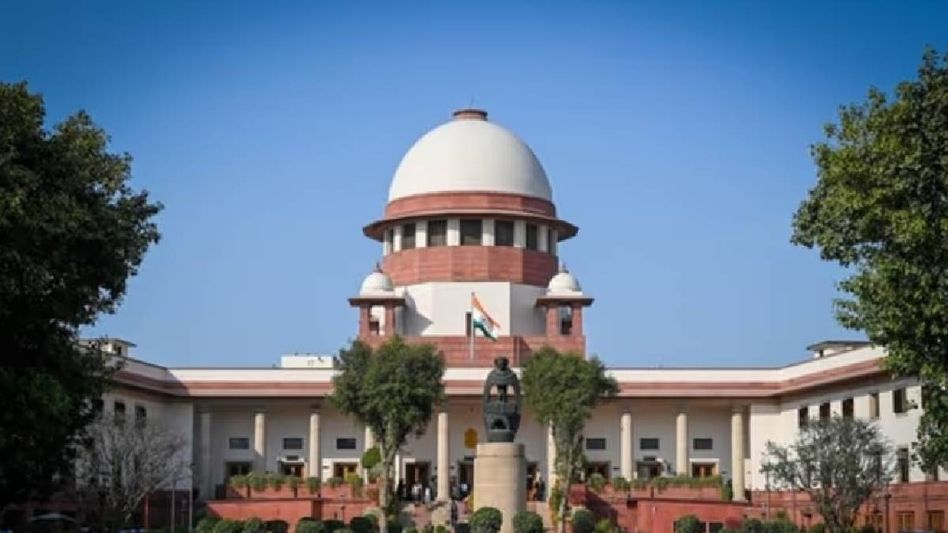Supreme Court rules against random accusations of foreigner proof, overturns Gauhati HC's decision
In a landmark ruling, the Supreme Court of India declared that authorities cannot accuse individuals of being foreigners without substantial evidence. This judgement overturns a previous decision by the Gauhati High Court.

The Supreme Court on July 11, ruled that authorities cannot randomly accuse people of being foreigners and initiate investigations into their nationality without a material basis or information for suspicion. It set aside the Gauhati High Court's judgement, which had affirmed the decision of the Foreigners Tribunal, Nalbari, declaring one Md. Rahim Ali a foreigner.
Expressing dismay over the fact that authorities casually initiated proceedings on mere suspicion without any material, the Supreme Court, consisting of a bench of Justice Vikram Nath and Justice Ahsanuddin Amanullah overturned the declaration given by a Foreigners Tribunal in Assam in 2012 (which was affirmed by the Gauhati High Court in 2015) that the appellant was a foreigner.
The order by the SC stated, "First, it is for the authorities concerned to have in their knowledge or possession, some material basis or information to suspect that a person is a foreigner and not an Indian”, the court held, directing that a copy of this judgment be sent to all tribunals constituted under the Foreigners (Tribunal) Order, 1964.
Furthermore, the court also raised a concern stating, “The question is that does Section 9 of the Foreigners Act empower the Executive to pick a person at random, knock at his/her/their door, tell him/her/they/them 'We suspect you of being a foreigner.', and then rest easy basis Section 9?..."
The bench also noted that the originating point of the inquiry was SP(B) Nalbari's direction to the Sub Inspector on 12.05.2004. They sought materials and information that warranted the direction, stating, "The pleadings and the record are silent as to what was the basis of the S.P. (B) Nalbari's direction? What materials or information had come to his knowledge or possession that warranted his direction? Obviously, the State cannot proceed in such manner. Neither can we as a Court countenance such approach."
Meanwhile, according to Section 9 of the Foreigners Act 1946, the burden of proof is on the person who is proceeded against.
Moroever, issuing clarity on the matter that strict proof of such allegation has to be given to the accused person at the initial stage, the Court added, "However, under the garb of and by taking recourse to Section 9 of the Act, the authority, or for that matter, the Tribunal, cannot give a go-by to the settled principles of natural justice. Audi alteram partem does not merely envisage a fair and reasonable opportunity of being heard. In our opinion, it would encompass within itself the obligation to share material collected with the person/accused concerned. It is no longer res integra that principles of natural justice need to be observed."
Copyright©2025 Living Media India Limited. For reprint rights: Syndications Today









